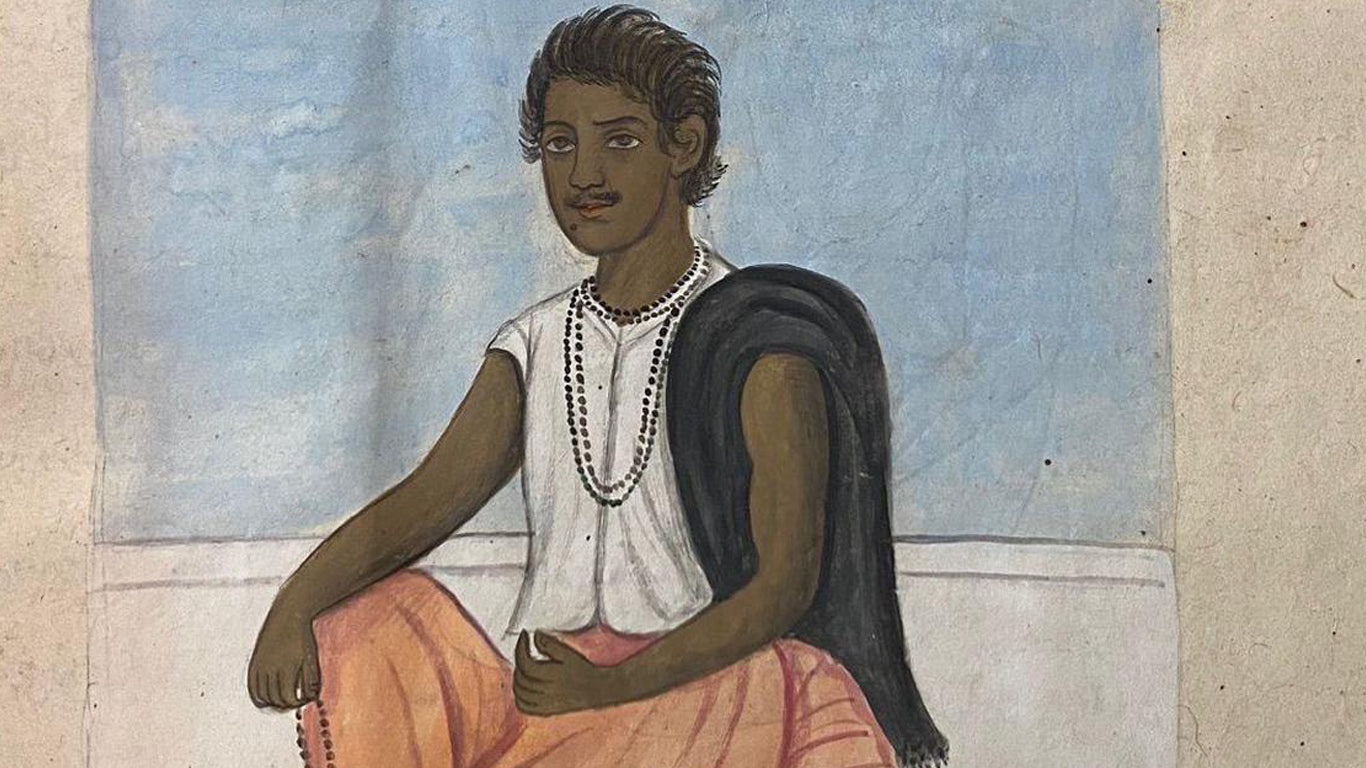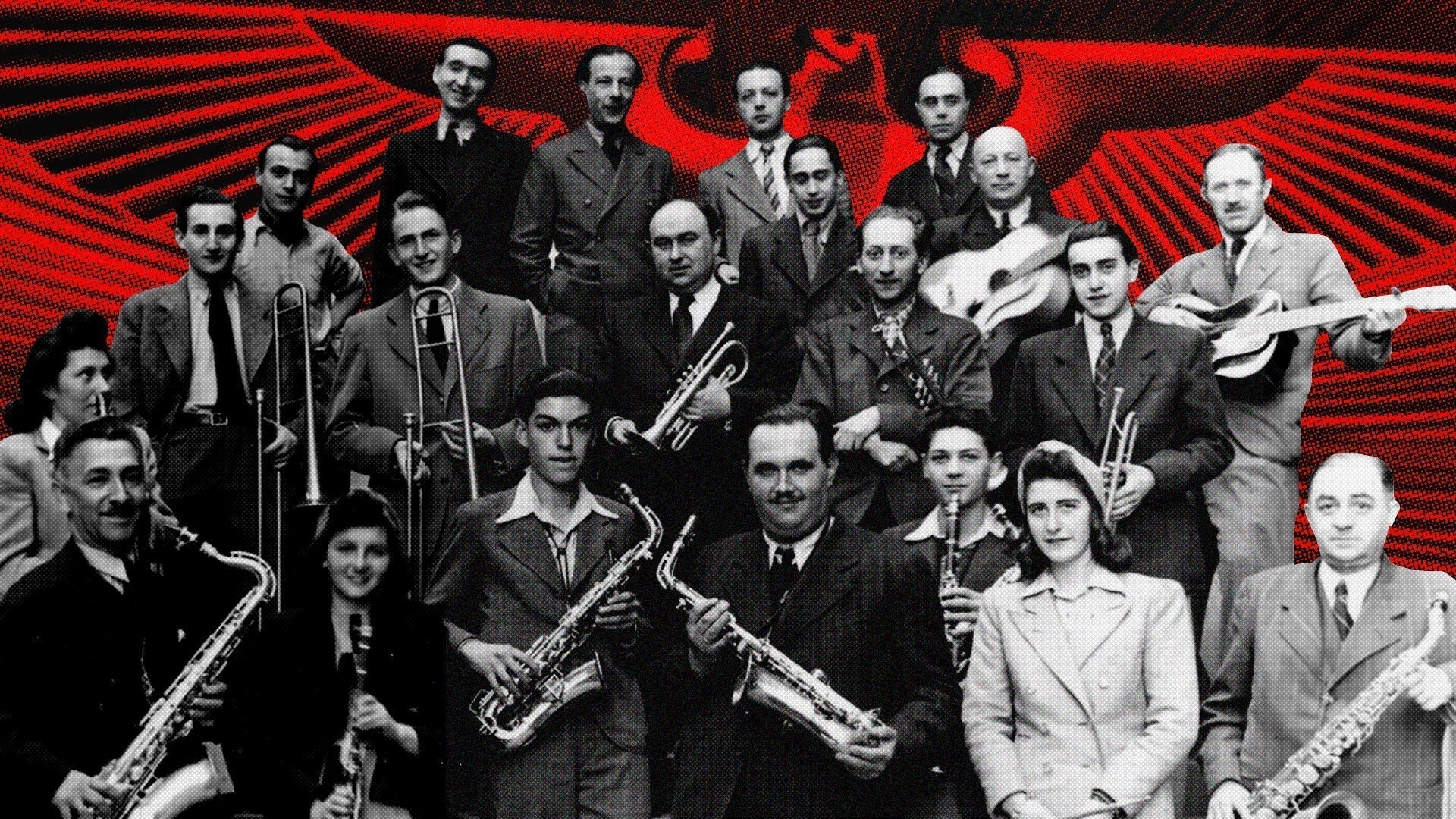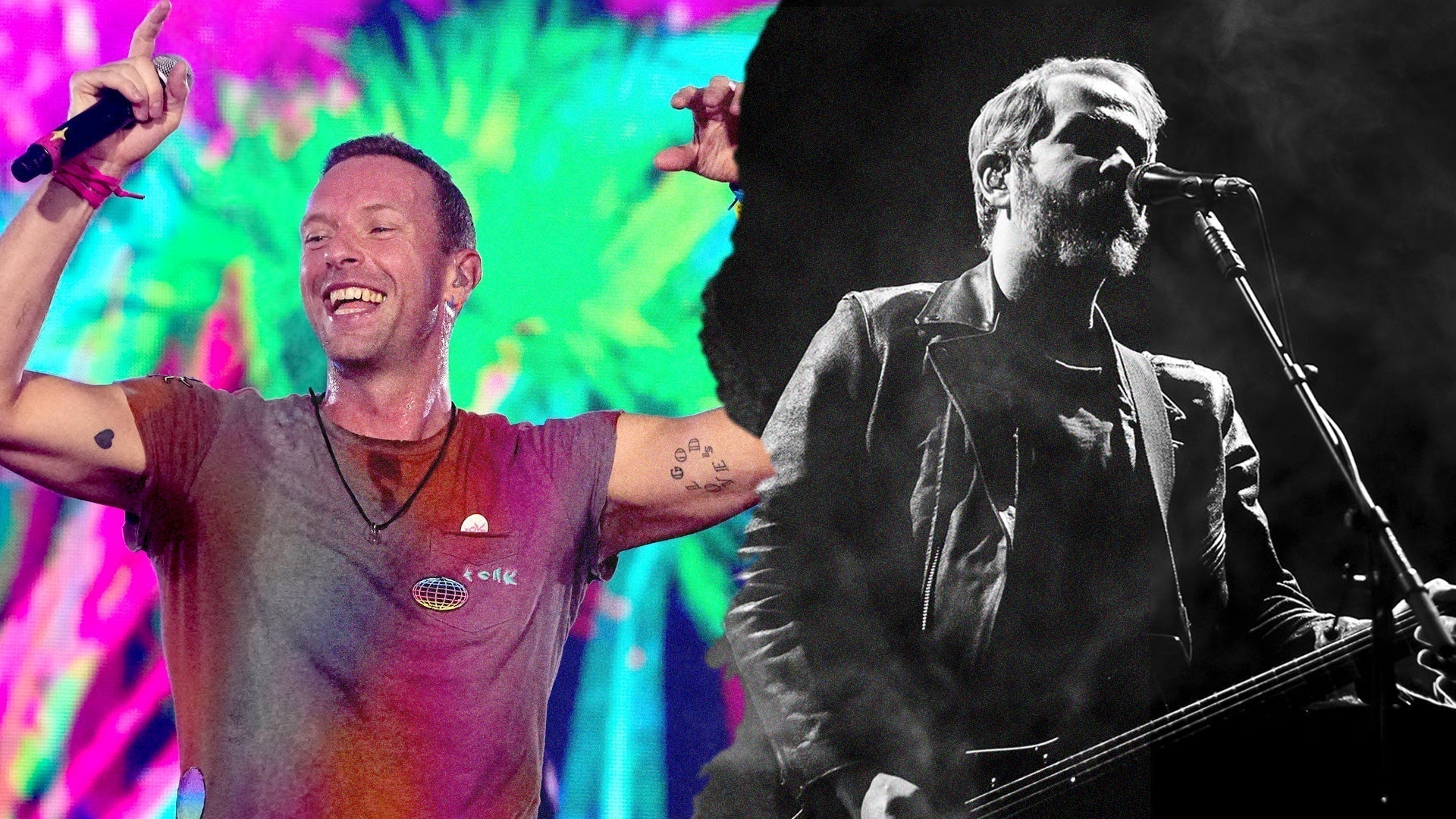Tappa: Indian Classical "Rap Music"

Some might consider it blasphemy, especially the strict and uncompromising classical music disciplinarians, but Tappa, a form of Indian semi-classical vocal music, has been compared to rap music by some.
And before this comparison is immediately condemned or aggressively laughed at (which is completely understandable), let’s explore Tappa and try to understand why and on what basis this almost-extinct form is compared with modern-day rap music.
The word "tappa" means "jumping, bouncing, and skipping," and it connotes the exceptional custom of a singer making unceasing attempts to sing the musical notes without pausing even once. This exceptional construction is exclusive to Tappa and is not present in the other ancient Hindustani forms.
As a result, it is made up of rhythmic and quick notes. This type of singing requires strong and intense control over vocal diction. Tappa is completely dissimilar to khayal rendition; it is sharp and extremely explosive. Tappa singers make it a point to regulate their breathing and pitches so that uninterrupted runs of singing may be heard throughout the song without having to stop abruptly.
It’s the uninterrupted arrival of taan after taan that makes Tappa comparable to rap, which is known for its fast flow of words. Continuous singing, minimum halts, rhythmic and quick notes — the comparison with rap does not sound too ridiculous now, does it?
Now, to change things up, let us go ahead and make the case for comparison weak while still exploring interesting features of Tappa. While rap music grew out of discussing numerous violent and sexual aspects of life and being the voice of black America living in destitution trying to struggle their way up in America, Tappa talks exclusively of love and aspects regarding the same.
Mian Ghulam Nabi Shori was a court singer for Asaf-Ud-Dowlah, the Nawab of Awadh, and he established it as a kind of classical music from the folk melodies of the Punjabi camel riders. In Bengal during the 18th and 19th centuries, "Nidhubabur Tappa," or tappas sung by Nidhu Babu, enjoyed enormous popularity.
Also read: Dangdut: The Indonesian folk-pop genre influenced by bollywood






Comments